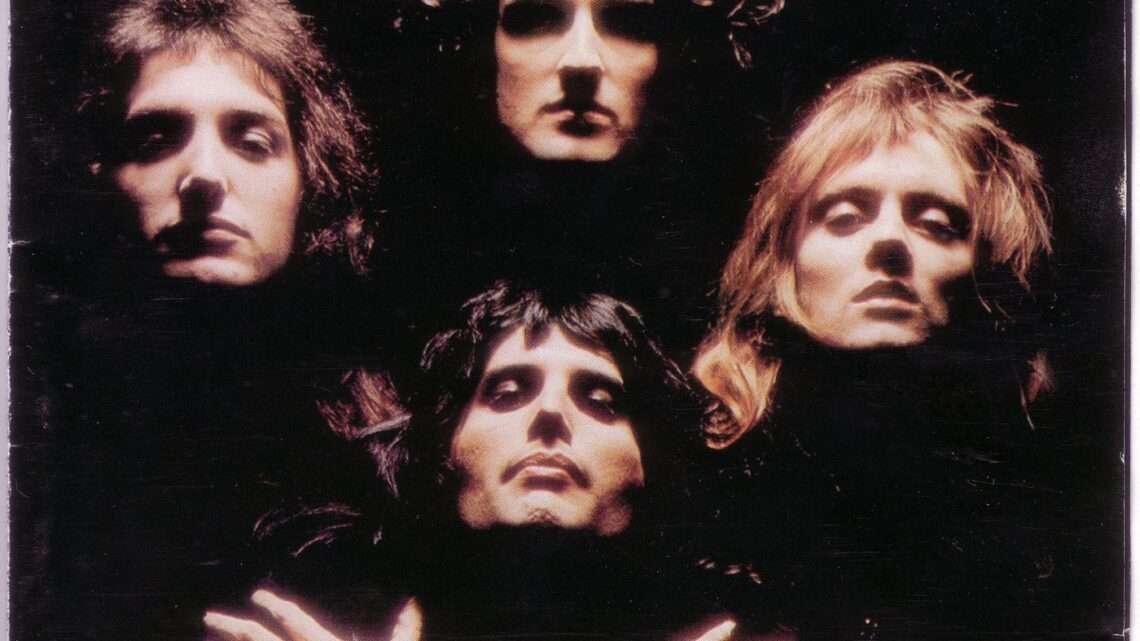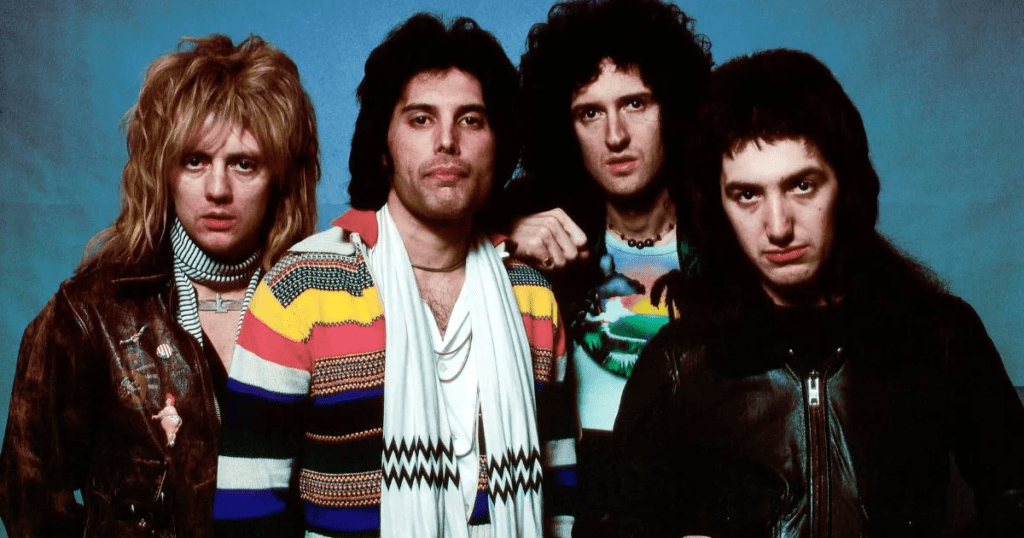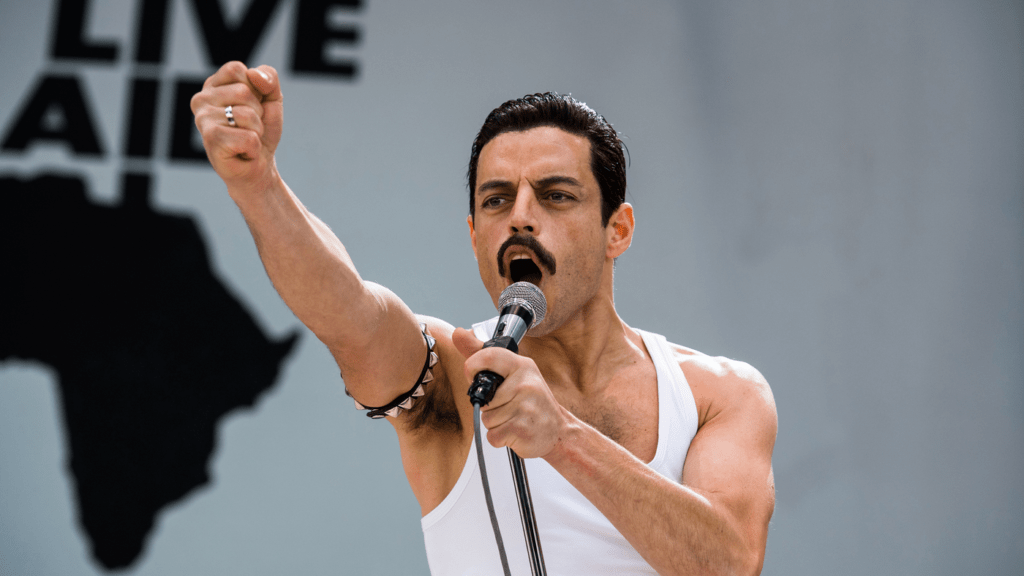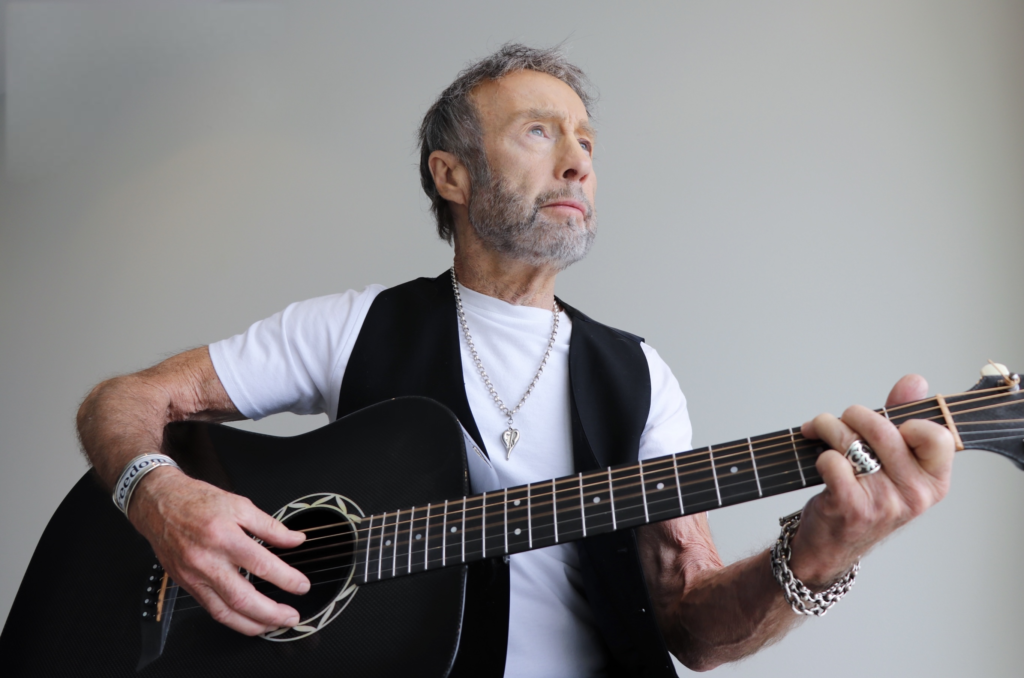
Who Are the Members of Queen and Their Legacy?
Formed in 1970 in London, England, Queen is a British rock band renowned for their innovative sound, theatrical performances, and groundbreaking music videos.
The original lineup featured Freddie Mercury as the lead vocalist and pianist, Brian May on guitar and vocals, Roger Taylor on drums and vocals, and John Deacon on bass. They became famous for their eclectic style, seamlessly blending rock, pop, and progressive elements.
Trending Now!!:
Queen released their debut album, Queen, in 1973, but it was their subsequent albums, such as A Night at the Opera (1975) and News of the World (1977), that propelled them to fame with iconic hits like “Bohemian Rhapsody,” “We Will Rock You,” and “We Are the Champions.” Their music is distinguished by intricate harmonies, powerful vocals, and exceptional instrumental prowess.

The band’s popularity surged internationally, with Freddie Mercury becoming a cultural icon known for his dynamic stage presence and remarkable vocal range. Their live performances, particularly at Live Aid in 1985, are often hailed as some of the greatest in rock history.
The loss of Freddie Mercury in 1991 due to AIDS-related complications was a profound moment for the band. Nevertheless, Queen‘s influence endured, with their back catalog selling millions and new generations discovering their music through films like Wayne’s World and the biopic Bohemian Rhapsody (2018).
Since Mercury‘s passing, Brian May and Roger Taylor have occasionally performed with guest vocalists, most notably Paul Rodgers and Adam Lambert, ensuring that Queen’s music continues to resonate on stage.
The Original Members of Queen
Freddie Mercury

Born Farrokh Bulsara, Freddie Mercury was the lead vocalist and co-founder of Queen. Known for his powerful voice, flamboyant stage presence, and songwriting prowess, Mercury was a charismatic figure whose contributions were pivotal to Queen‘s sound and success. He passed away on November 24, 1991, due to complications from AIDS.
Brian May

Brian May is the lead guitarist and co-founder of Queen. Renowned for his distinctive guitar technique and homemade Red Special guitar, May‘s intricate guitar work is a cornerstone of Queen’s music. He is also known for his vocal harmonies and occasional lead vocals.
Roger Taylor

Roger Taylor, the drummer and co-founder, brought a dynamic rhythm section to the band. In addition to his drumming skills, Taylor contributed significantly as a songwriter, often sharing vocal duties on songs like “Radio Ga Ga” and “A Kind of Magic.”
John Deacon

The bassist, John Deacon, was the last member to join Queen. Deacon‘s melodic bass lines were integral to many of Queen‘s hits, including “Another One Bites the Dust.” He is generally considered more reserved than his bandmates, focusing primarily on music composition and performance.
Post-Freddie Mercury: Who Took Over?
After Freddie Mercury‘s death, Queen initially disbanded. However, the remaining members occasionally reunited for performances, charity events, and to work on new music. Here’s how they continued:
Paul Rodgers (2004-2009)

After years of silence, Queen returned to the stage with Paul Rodgers, the former lead singer of Free and Bad Company. Rodgers, known for his bluesy, powerful vocals, joined Queen for a series of concerts and released two albums, “Return of the Champions” (2005, a live album) and “The Cosmos Rocks” (2008). While Rodgers brought his style, the magic of Queen without Mercury was always a point of contention among fans.
Adam Lambert (2011-Present)

Adam Lambert, an American singer who gained fame through “American Idol,” joined Queen for a one-off performance at the 2011 MTV Europe Music Awards. This collaboration proved so successful that it developed into a long-term partnership.
Lambert, with his theatricality, vocal range, and charisma, has been widely accepted as the closest successor to Mercury‘s legacy, although he often emphasizes that he’s not replacing Mercury but rather interpreting Queen‘s music in his unique way. Together, they have toured extensively, released live albums, and continued attracting new and old fans.
Conclusion
With its original lineup, Queen created a legacy that continues to influence music globally. After Mercury’s death, while the band explored collaborations with Rodgers, the partnership with Adam Lambert reignited Queen‘s live presence, ensuring that their music lives on in a way that respects the past while embracing new possibilities.
This evolution showcases Queen‘s enduring appeal and the universal love for their music, transcending the loss of their irreplaceable frontman.
NOTICE!! NOTICE!! NOTICE!!
DISCLAIMER!! : Every Biography and Content Published On TheCityCeleb are For Knowledge Reason. Don't Hesitate to Reach Out for Any Correction || Suggestion || Copyright!!CORRECT@thecityceleb.com


